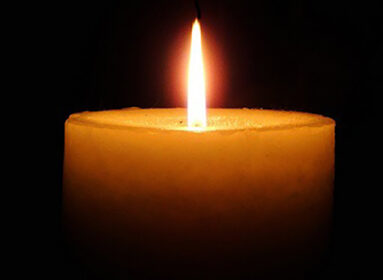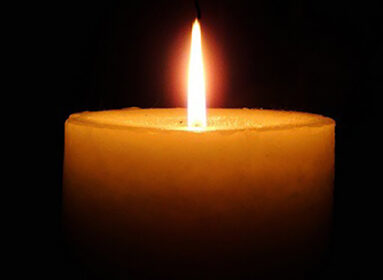Physicist Rosalyn S. Yalow, who shared the 1977 Nobel Prize in Physiology or Medicine for the development of a medical diagnostic test that revolutionized patient care and led to a new understanding of diabetes and a host of other diseases, died May 30 in the Bronx, N.Y. She was 89.
Yalow was only the second woman to win the Nobel in medicine and only the sixth to win a Nobel in any science.
Yalow and her colleague Dr. Solomon Berson began their research at the Bronx VA Hospital in the early 1950s of such isotopes for medical purposes, such as treatment of cancer.
The Nobel citation noted that Yalow and Berson’s research was “pioneering work at the highest level. It had an enormous impact. We were witnessing the birth of a new era in endocrinology, one that started with Yalow.”
Rosalyn Sussman was born in the South Bronx on July 19, 1921, the daughter of parents who never finished high school. But she was imbued with a love of reading, and her older brother Alexander took her to the library every week to get a fresh load of books.
In high school she developed an interest in chemistry, but after enrolling at Hunter College, now part of the City University of New York, her fascination switched to physics. In the 1930s, she later wrote, “physics, and in particular nuclear physics, was the most exciting field in the world.” She was also inspired by Eve Curie’s newly released biography of her mother, Marie Curie.
Upon her graduation, her parents thought she should become an elementary school teacher, but she had a higher aspiration: a graduate degree in physics. But universities were not equally enthusiastic. One Midwestern school wrote her adviser a rejection that noted, “She is from New York. She is Jewish. She is a woman.”
Ultimately, the shortage of male students engendered by World War II led to her receiving a graduate fellowship at the University of Illinois. When she arrived she found that she was the only woman on the College of Engineering’s faculty and staff of 400. “I was told I was the first woman there since 1917,” she had said.
Her grades were excellent, marred only by an A-minus in a physics laboratory. The chairman of the physics department could only say, “That A-minus confirms that women do not do well at laboratory work.”
On her first day in graduate school she met Aaron Yalow, the son of a rabbi, who became her husband in 1943. He died in 1992.
Receiving her doctorate in nuclear physics in 1945, she joined the staff back at Hunter College, where she spent three years teaching. But research called to her, and in 1947 she took a part-time position at the Bronx VA, converting to full time a year later. She spent the rest of her career there.
Yalow is survived by a son, Benjamin, of the Bronx; a daughter, Elanna Yalow of Larkspur, Calif.; and two grandchildren.
This obituary is excerpted from The World Jewish Review.
SHARE








 Southern New England Jewish Ledger
Southern New England Jewish Ledger












